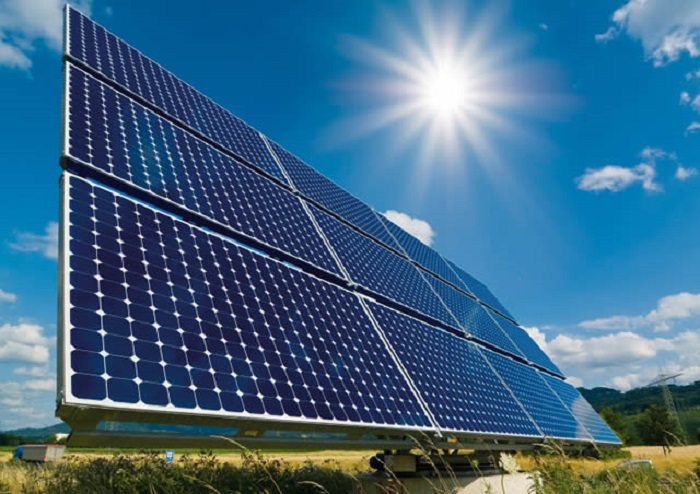The Japanese Government, through its agency, Japan International Cooperation Agency (JICA), has donated solar power to the Federal Government of Nigeria to boost electricity supply in Nigeria.
Sadanobu Kusaoke, the Ambassador of Japan to Nigeria confirmed the power donation during the inauguration of the project which is expected to cost US$9.7m.
According to Kusaoke, Japan is considering the power sector as one of the most important areas to enhance Nigeria’s socio-economic development. Besides, Japan has helped to finance power sector to increase the capacity of power in Kainji dam hydro power station since 1970s. Japan is currently supporting the 10th power project through JICA. However, Japan government is optimistic and willing to support more of power projects in Nigeria.
Japan government has donated the power project which entailed the introduction of clean energy by solar electricity to boost power and water supply at Usman Dam Water Treatment Plant. Stable power supply is crucial to support industry and at the same time improve economy and people’s lives, thus Nigeria requires stable power supply to diversify her economy.
Toyota Tsusho Corporation is the designer for the Japanese funding solar project. The company is also responsible for managing the project and oversee its completion on schedule. On completion the project is expected to generate 1,496MW of power. The project power generation contribution is as well expected to reduce purchase of electricity by US$100,763 a year.
“Improving core infrastructure including power sector in Nigeria is one of the priority areas of the agency in Nigeria,” said Hirotaka Nakamura Chief Representative of JICA, Nigeria office. “Developing alternative energy resources such as wind, solar and hydropower will boost electricity in the country,” he added.
Additionally, the project has been designed to introduce a demonstration unit of solar electricity generation system with a view of increasing its economic strength on a sustainable basis. About 1.2MW of grid power connected to solar generation will be obtained from the Usman Dam Water Treatment Plant in order to supplement electricity supply from the national grid.
Nonetheless, solar system installation test has been conducted successfully and phase I of the project with a generation capacity of 975kwp has been commissioned, whereas phase II is expected to bring additional 207kwp generation to the project’s system by January next year.
However, the project will as well contribute to the improvement of quality water supply in the Federal Capital Territory. FCT administration through its water board has been urged to handle the project with care and also provide sufficient funds to maintain the generation system.
Economists see the developed energy in Africa a sure way to spur economic growth.

Leave a Reply